
What is EN71 Toy Certification?
EN71 toy certification is a standard that defines the safety requirements for toys sold in the European Union (EU). The primary regulation related to toys in the EU is the Toy Safety Directive 2009/48/EC, which outlines the safety and quality requirements for toys and the conformity assessment procedures. All toys entering the EU market must comply with this directive. However, the directive sets general objectives and essential requirements, leaving the technical details to be specified through harmonized standards, primarily the EN 71 series and EN 62115.

The EN 71 series specifies requirements related to physical properties, flammability, and labeling, while EN 62115 covers safety requirements for electrical toys. Toys must also comply with other EU regulations, such as REACH, POPs, and RoHS.
Regulations/Standards Overview:
- 2009/48/EC Toy Safety Directive: This directive is considered one of the most stringent toy safety technical regulations internationally. It defines safety and quality requirements and conformity assessment procedures, which all toys entering the EU must meet.
- EN 71-1 Mechanical and Physical Properties: Specifies the requirements and testing methods for toys used by children under 14 for mechanical and physical properties.
- EN 71-2 Flammability: Defines prohibited flammable materials for toys and the flammability requirements for toys that may be exposed to small ignition sources.
- EN 71-3 Migration of Certain Elements: Specifies testing methods and limits for the migration of 19 soluble heavy metals from accessible toy materials.
- EN 71-4 Chemical and Activity-related Experiment Sets: Defines the maximum quantities for certain substances used in chemical experiment sets.
- EN 71-5 Chemical Toys (Sets) Other than Experimental Sets: Specifies the requirements and testing methods for substances and materials used in chemical toy sets other than experimental toys.
- EN 71-7 Finger Paints – Requirements and Testing Methods: Specifies the requirements for substances and materials in finger paints.
- EN 71-8 Activity Toys for Domestic Use: Sets specific requirements and testing methods for activity toys that can be attached to a crossbeam and are designed to bear the weight of one or more children aged 14 and under.
- EN 71-9 Organic Chemical Compounds – Requirements: Defines special requirements for the migration or presence of certain hazardous organic compounds in toys or toy materials.
- EN 71-10 Organic Chemical Compounds – Sample Preparation and Extraction: Pre-treatment procedures for EN 71-9 testing.
- EN 71-11 Organic Chemical Compounds – Analysis Methods: Analytical methods used to test pre-treated samples from EN 71-10.
- EN 71-12 N-nitrosamines and N-nitrosatable Substances: Specifies requirements and testing methods for N-nitrosamines and N-nitrosatable substances in toys or toy components designed for children under 36 months or intended to be placed in the mouth.
- EN 71-13 Olfactory Board Games, Cosmetic Kits, and Gustative Toys: Sets requirements for olfactory board games, cosmetic kits, and taste-related toys.
- EN 71-14 Trampolines for Domestic Use: Specifies the requirements and testing methods for trampolines designed for one person at a time, intended for indoor or outdoor use, including entry and enclosure systems.
- EN 62115 Electrical Toy Safety: Covers labeling, input power, heat generation, electrical insulation under normal operating temperatures, moisture resistance, electrical strength, mechanical robustness, cord and wire protection, electrical clearance, and safety from radiation and toxicity.
EN71 Toy Testing Items:
EN71 is part of the CE Directive for toys and has been implemented to ensure all toys sold in the EU meet minimum safety standards, covering:
1. Mechanical safety
2. Noise levels
3. Flammability
4. Chemical composition
5. Electrical safety
6. Hygiene
7. Radiation
EN71 Certification Process:
1. Provide samples for testing (at least two samples).
2. Laboratory testing.
3. Issuance of the report after successful testing.
Required Documentation for DOE Certification:
1. Samples
2. Product technical documentation
3. Product manual
4. Certification application form, etc.
Email:hello@jjrlab.com
Write your message here and send it to us
 Australia RCM LOGO Certification
Australia RCM LOGO Certification
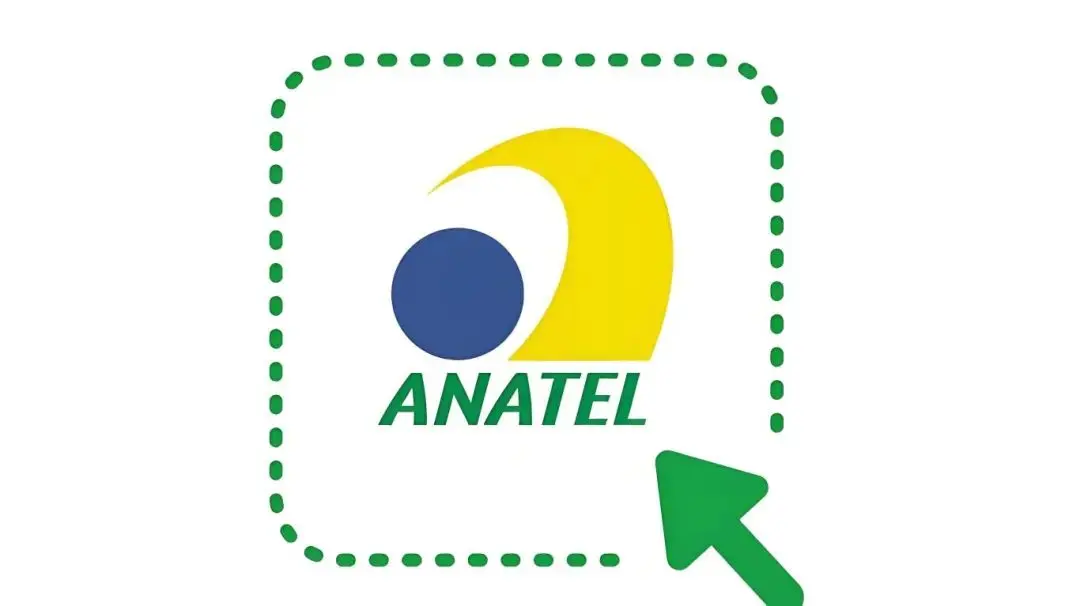 ANATEL Certification Process in Brazil
ANATEL Certification Process in Brazil
 Faucet European Standard EN 817 Testing
Faucet European Standard EN 817 Testing
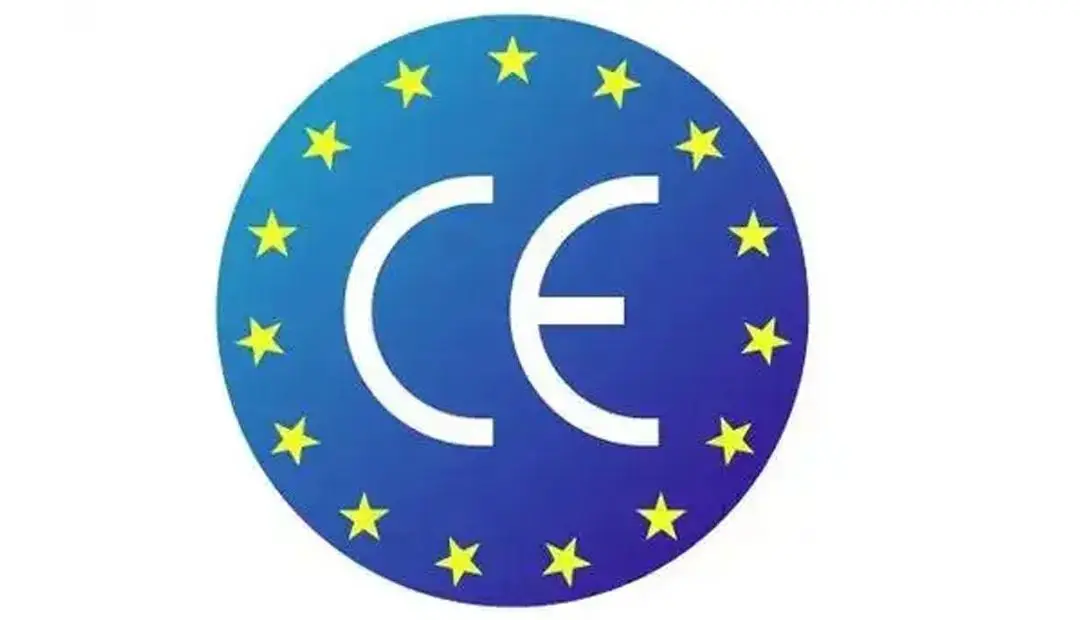 ISO 17025 Laboratory Test Report
ISO 17025 Laboratory Test Report
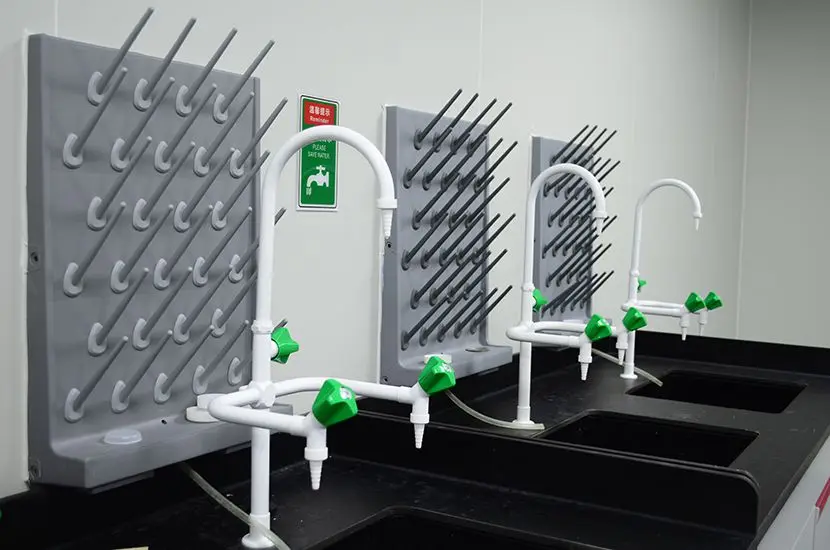 Temu Requires UN 38.3 Certification
Temu Requires UN 38.3 Certification
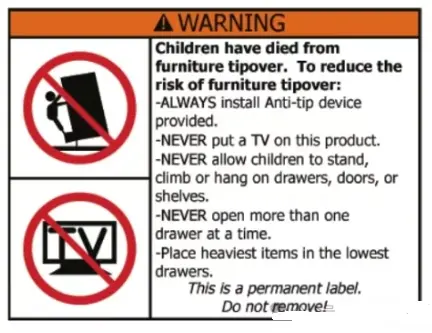 What is the Amazon ASTM F2057 Test Report?
What is the Amazon ASTM F2057 Test Report?
 How to get the Amazon SOR/2016-175 Test Report?
How to get the Amazon SOR/2016-175 Test Report?
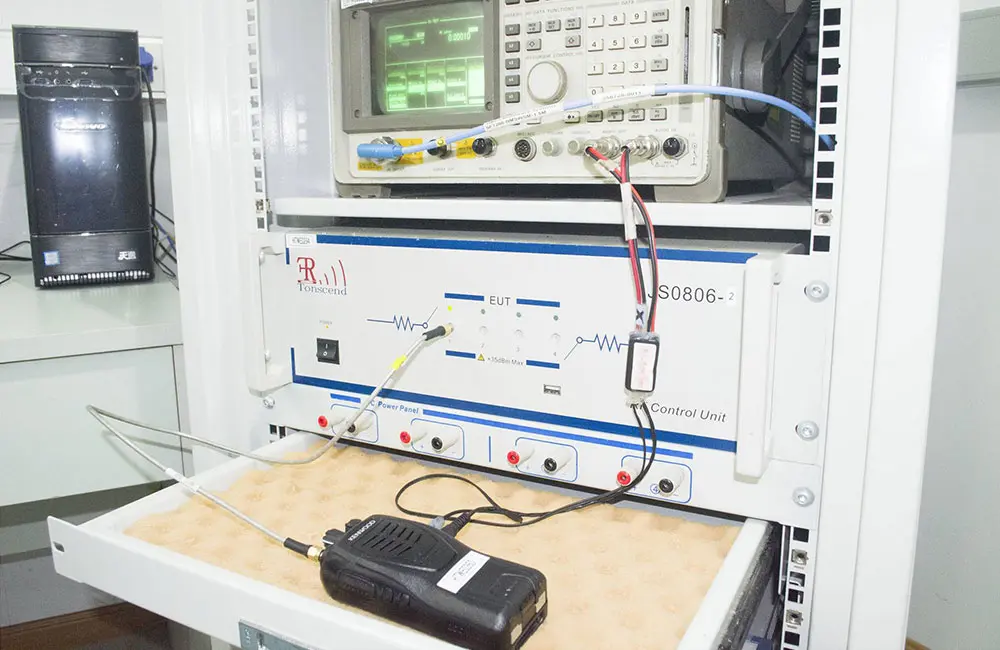 Amazon Electronic Product UL Test Report
Amazon Electronic Product UL Test Report
Leave us a message
24-hour online customer service at any time to respond, so that you worry!




